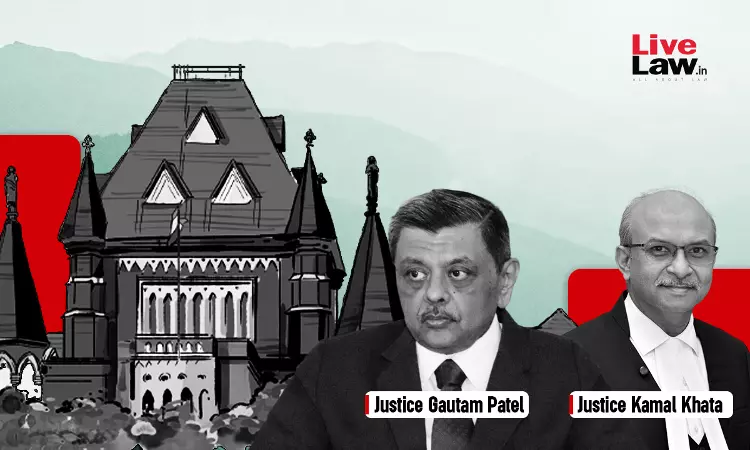The Bombay High Court recently dismissed a writ petition by a 90-year-old woman seeking removal of a statue of Maharshi Dhondo Keshav Karve, a reformer and Bharat Ratna recipient, installed by the Pune Municipal Corporation (PMC) near her property.A division bench of Justice GS Patel and Justice Kamal Khata stated that a memorial or a monument is sufficiently a public purpose, which need not...

